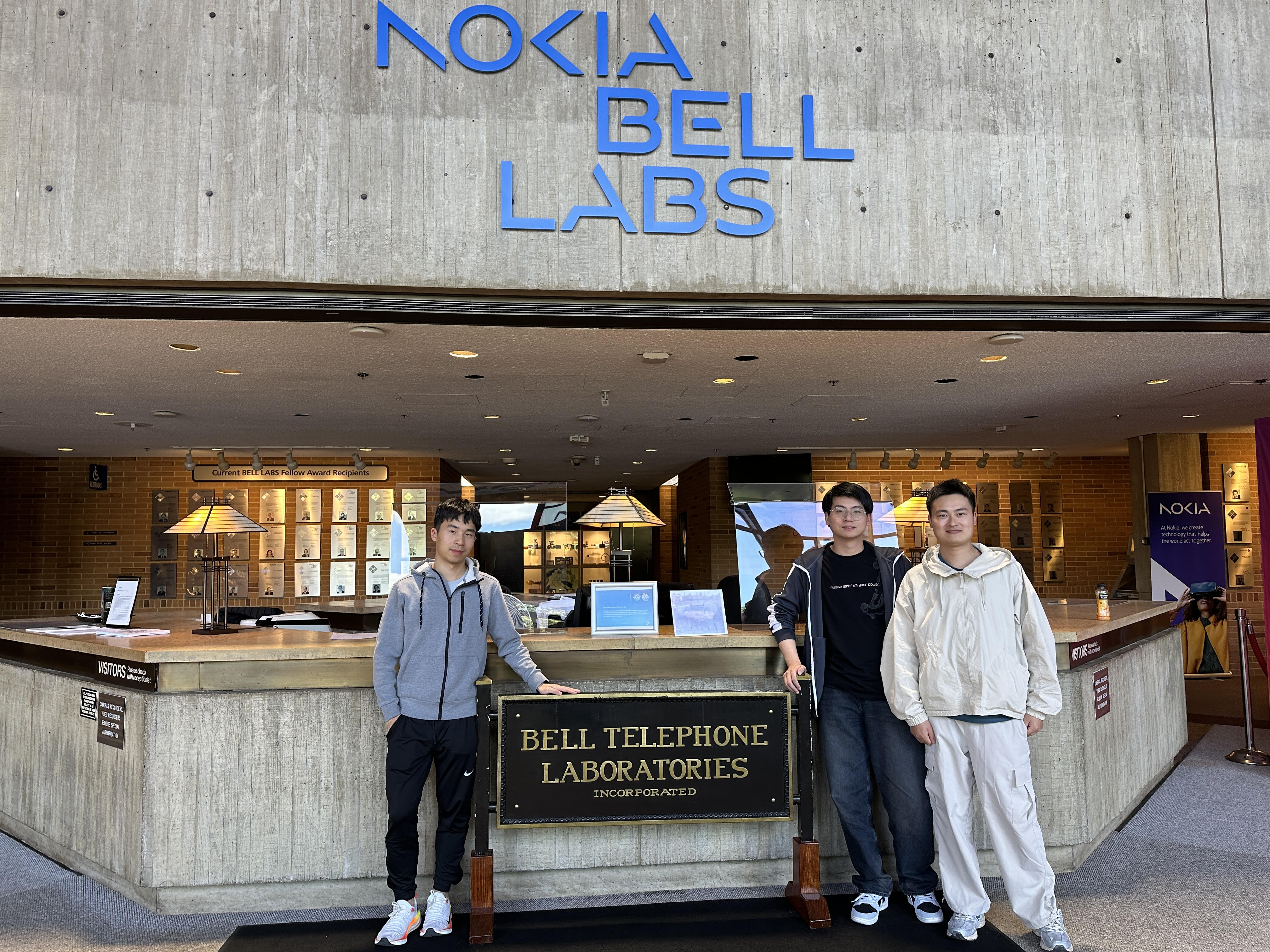As network operators work to extend 5G to more users and prepare for 6G, open radio access networks (O-RAN) are becoming essential to modern wireless communications networks. O-RAN enables operators to mix and match network architectures, software, and hardware while ensuring interoperability. This flexibility fosters innovation and competition between manufacturers.
O-RAN also allows new services, such as artificial intelligence (AI), to be integrated into network components and supports the deployment of third-party, AI-based applications for network control. Such applications aim to achieve various goals, from energy savings and load balancing to utility maximization; however, harms can arise when they issue contradictory commands.
This is where Zeyu Fang’s expertise becomes invaluable. A third-year doctoral student at GW Engineering, Fang helped Nokia Bell Labs, an industry leader renowned for its transformative work in communications, computing, and connectivity, tackle the challenge of conflict detection and mitigation in O-RAN as a network systems research intern.
By surveying existing research, formulating the conflict resolution problem, proposing novel approaches, and conducting experimental evaluations, Fang aided in the development of an effective and efficient solution for detecting and resolving conflicts early. The long-term goal is to extend that solution to other AI-related domains.
“This experience directly complemented my doctoral studies in reinforcement learning and optimization,” said Fang. “It allowed me to apply theoretical knowledge to real-world network challenges and practice my problem-solving and research skills.”
Fang shared that the conflict detection problem he studied at Bell Labs generalizes beyond the networking domain to broader AI planning tasks, inspiring him to explore several new research directions in his Ph.D. Exchanging ideas with other interns and researchers further broadened his perspective and sparked inspiration for his own work.
With guidance from Professor Tian Lan, Fang’s doctoral research focuses on reinforcement learning, large language model (LLM) planning and reasoning, and human-AI collaboration. He secured the internship through Lan and credits the Department of Electrical and Computer Engineering with organizing events and resources to strengthen his resume and interview skills, which supported his job search.
“This internship reinforced my desire to pursue a career as an AI-related research scientist in industry research and development. I want to continue bridging the gap between theoretical advances and practical applications, contributing to technologies that are both innovative and impactful in addressing real-world challenges,” said Fang.


